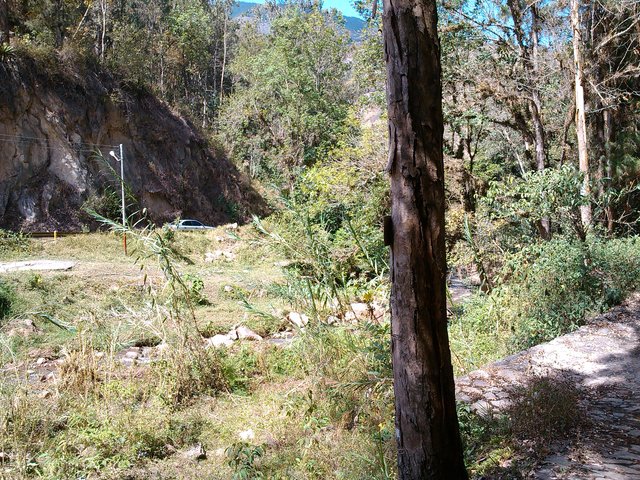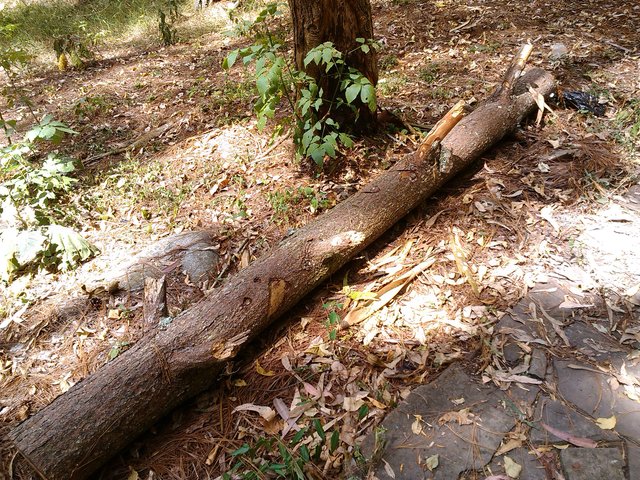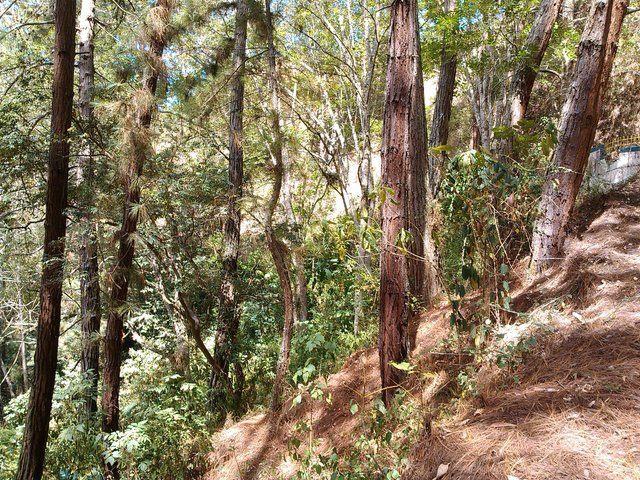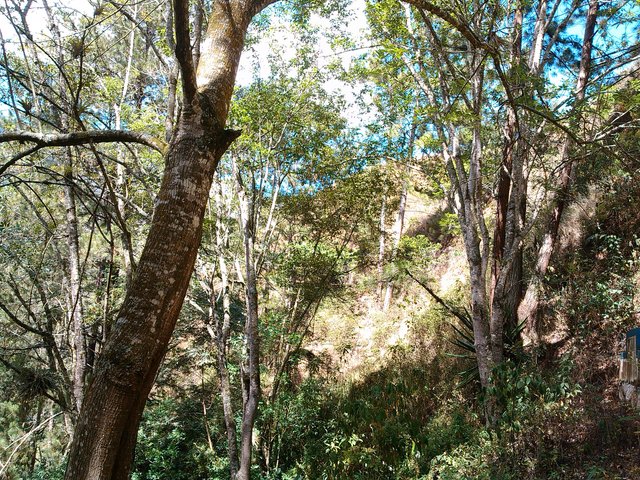Trees as a source of life, (let's learn)

Trees live practically all over the planet. But we will find a greater variety of species in temperate regions and, above all, in areas of humid tropical climate, where mild temperatures and abundant rainfall allow trees to grow.

It is said that depending on the degree of humidity and soil conditions, as well as temperature and latitude, we will be able to know what type of forest will be given. Generally, in the lower parts, near the mountains, a forest of leafy trees will grow. It is said that depending on the degree of humidity and soil conditions, as well as temperature and latitude, we will be able to know what type of forest will be given. Generally, in the lower parts, near the mountains, a forest of leafy trees will grow



It is estimated that there are approximately three billion trees, which are composed of about 100,000 species, which is 25% of all the living plant species found on the planet. And they have a common origin, so there are primitive trees that emerged some 380 million years ago, during the devonian period. Unfortunately, they are being cut down massively.




Decorate:
many species produce leaves and/or flowers with great ornamental value. In addition, there are some that can be worked as bonsai.Building:
wood is used to build and manufacture furniture, huts, tools.
To give shade: under its branches we will be able to protect ourselves from the sun, something that comes well during the summer.

Satisfy hunger:
Many trees produce edible fruit, such as orange and mandarin oranges.Breathing:
during photosynthesis, its leaves expel oxygen and absorb carbon dioxide. While not the most common type of plant, without the trees the oxygen levels would not be high enough for us to breathe.Inspiring:
writers, painters, even architects can draw inspiration from trees to create their works.
Prevent erosion: by anchoring its roots in the soil, they prevent wind and sun from eroding the soil.

Trees live in practically the entire planet. But we will find a greater variety of species in temperate regions and, above all, in areas of humid tropical climate, where mild temperatures and abundant rainfall allow these plants to grow continuously.

Without water, none of them could survive. Those who live in the savannahs, such as the Adansonia (Baobab), have had to take a drastic measure to get ahead: drop their leaves during the dry season in order to save water. During this period, it is kept alive thanks to the water reserves inside its trunk, which is why it has thickened.
Depending on the degree of humidity and soil conditions, as well as temperature and latitude, we will be able to know what type of forest will occur. Generally, in the lower parts, near the mountains, a forest of leafy trees will grow.

All the photographs are my own, captured from a mobile phone, and designed in adobe illustrator cs6.